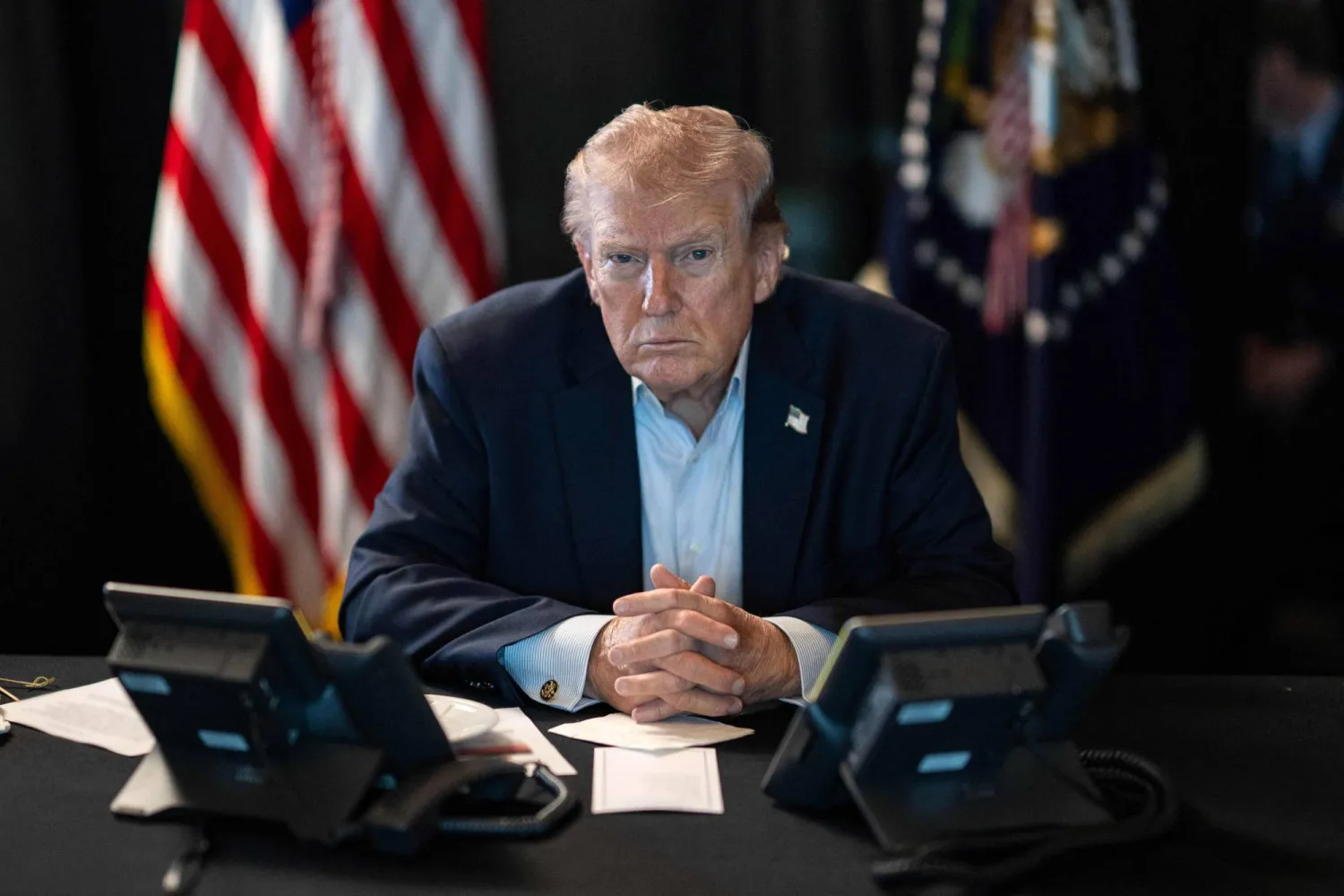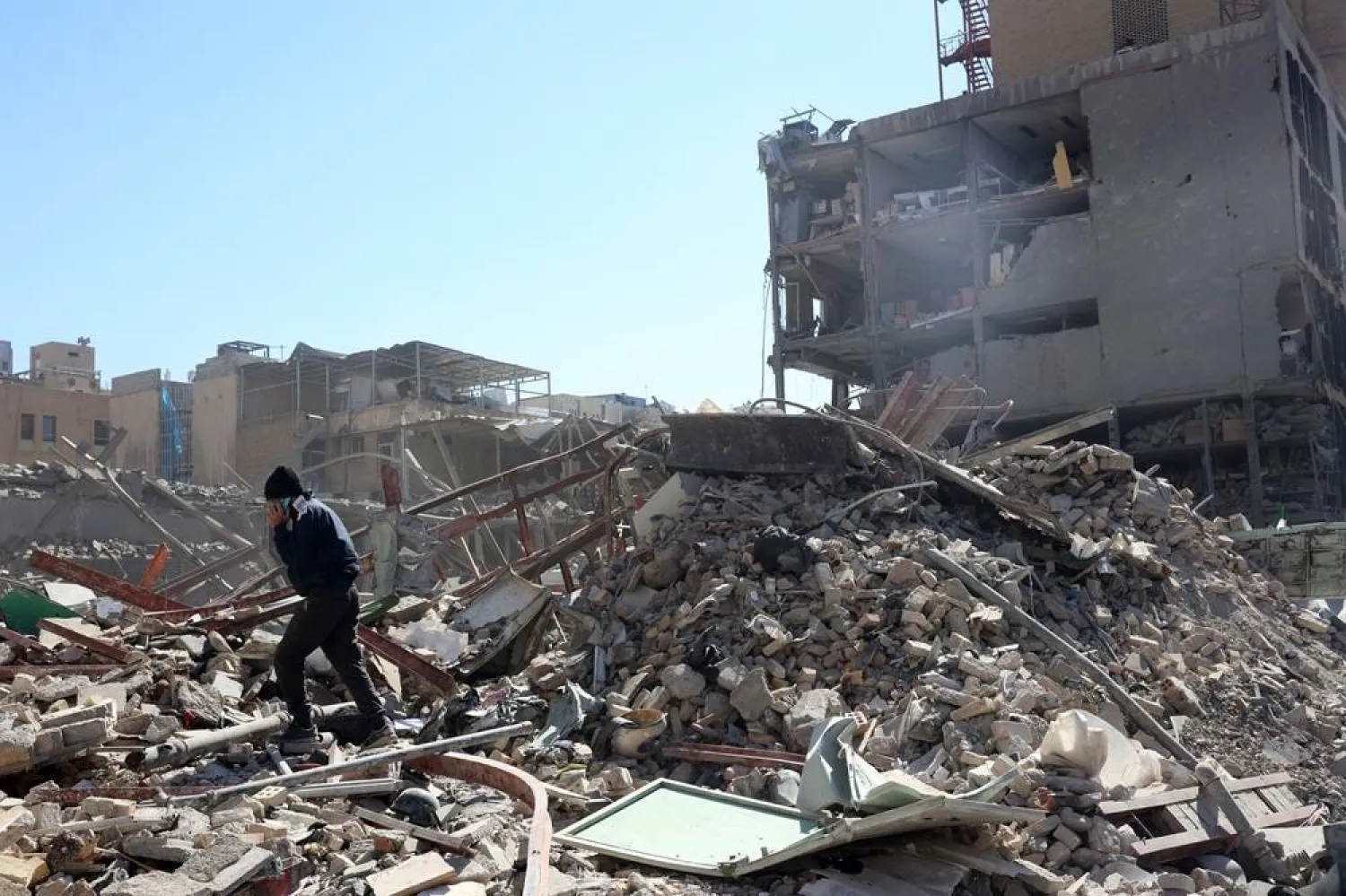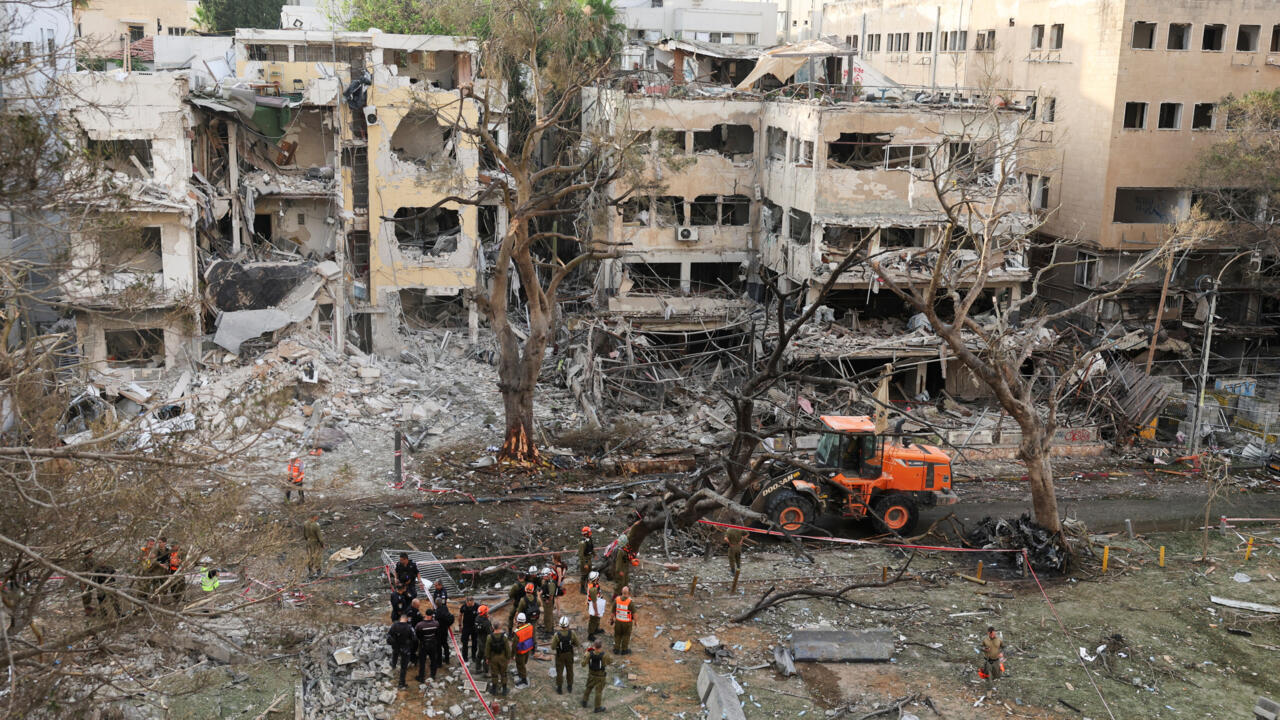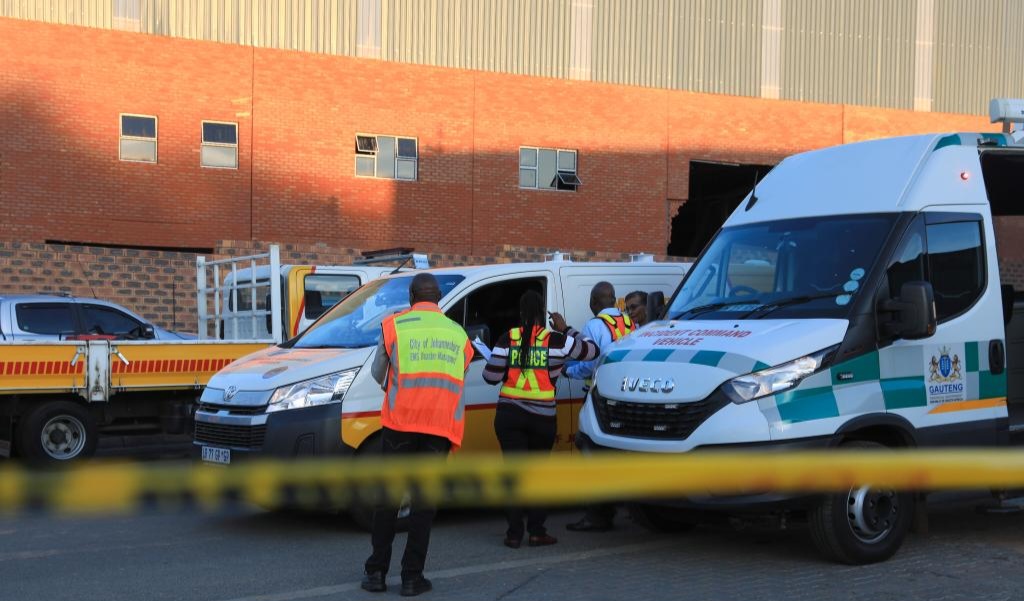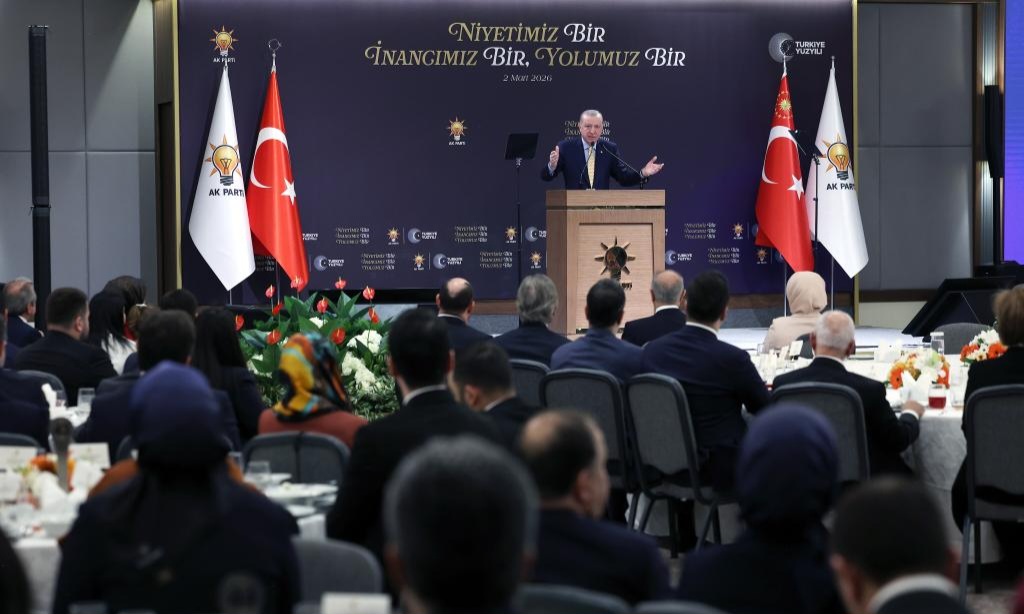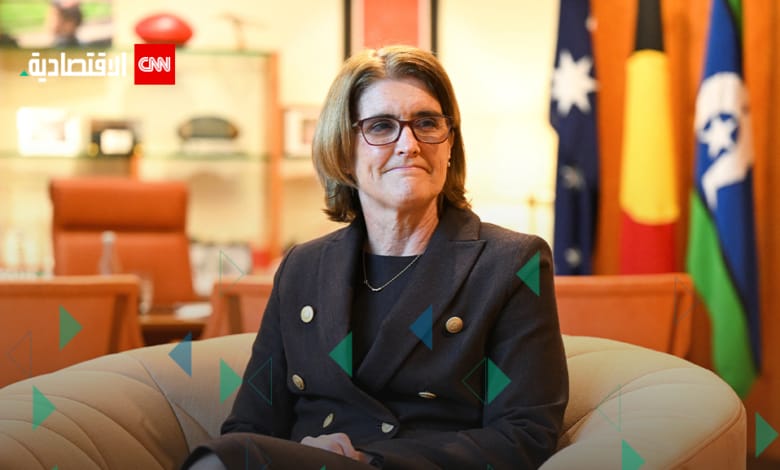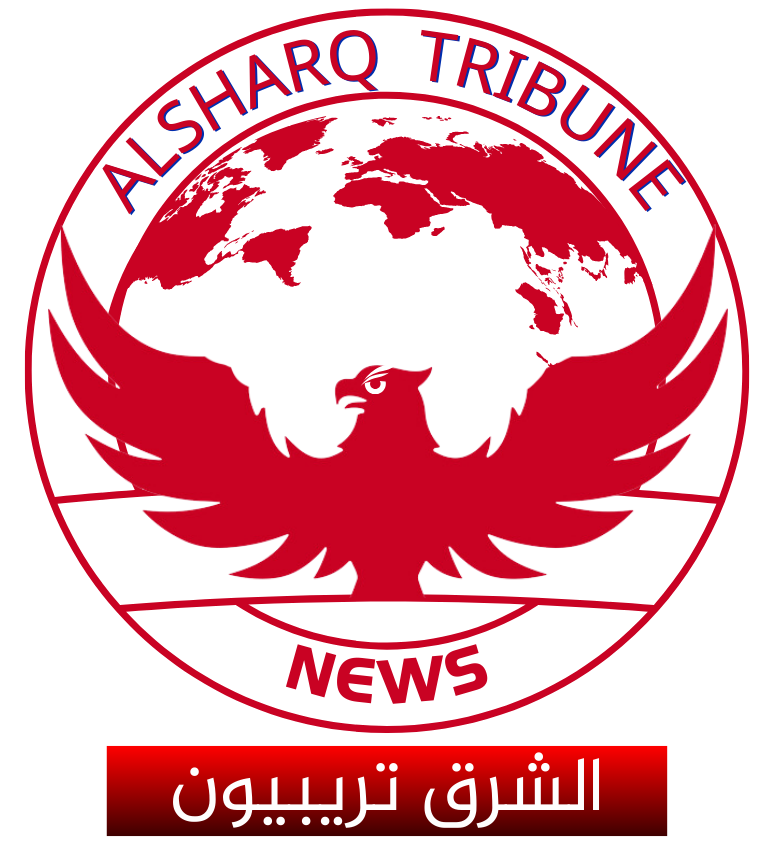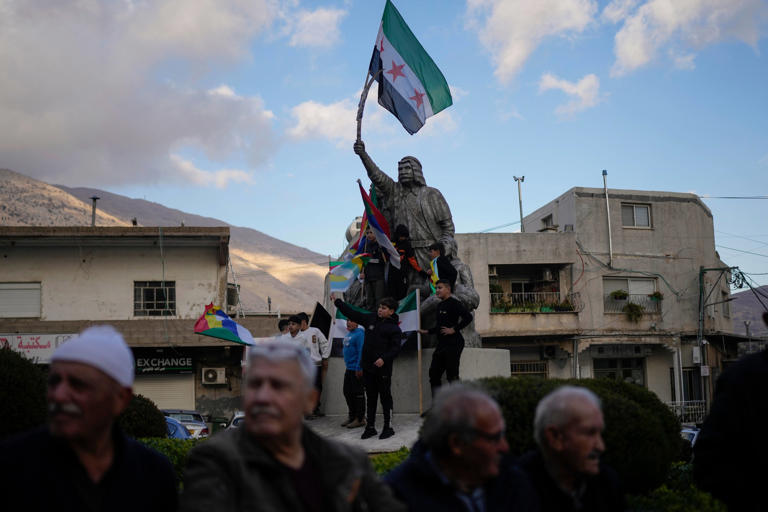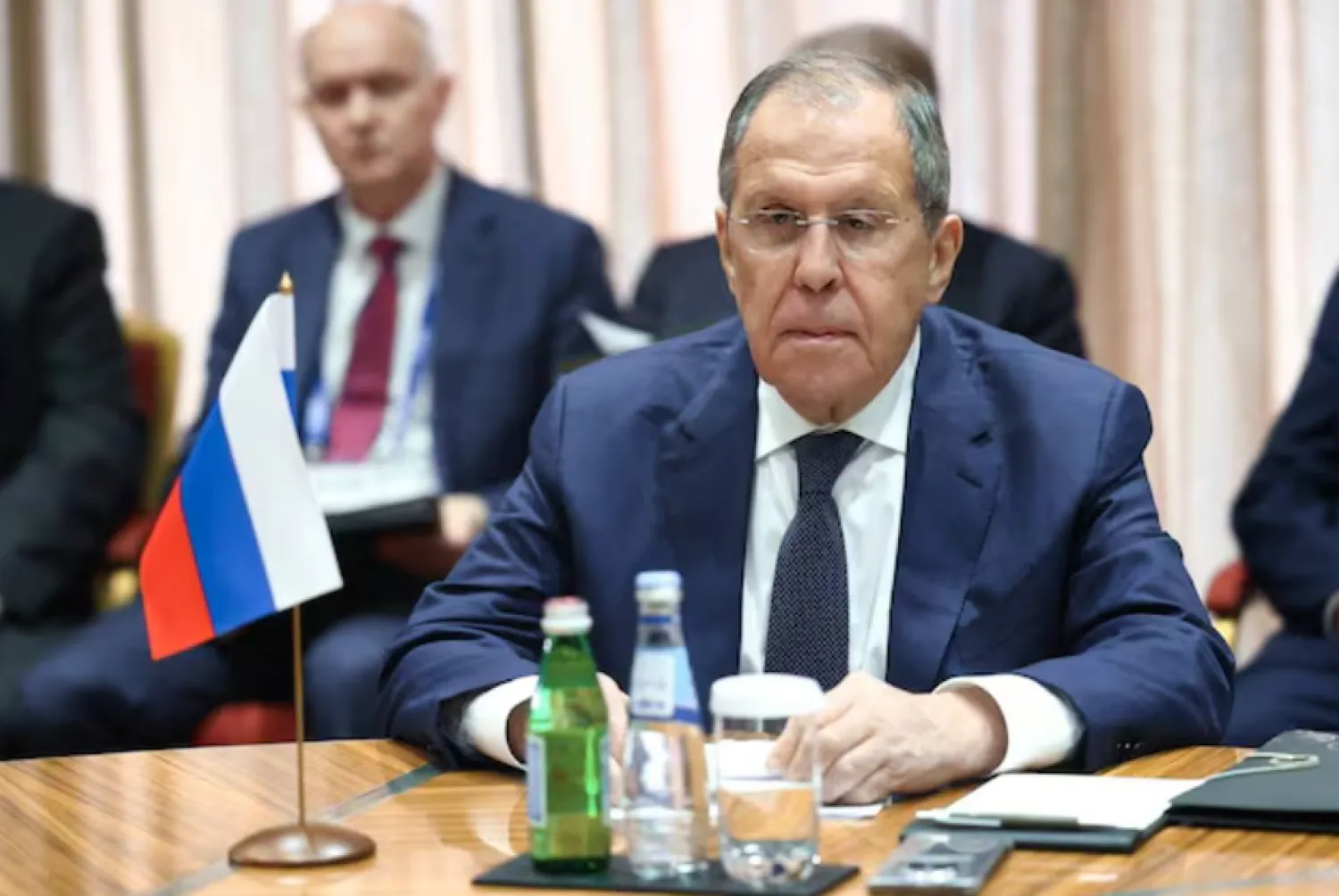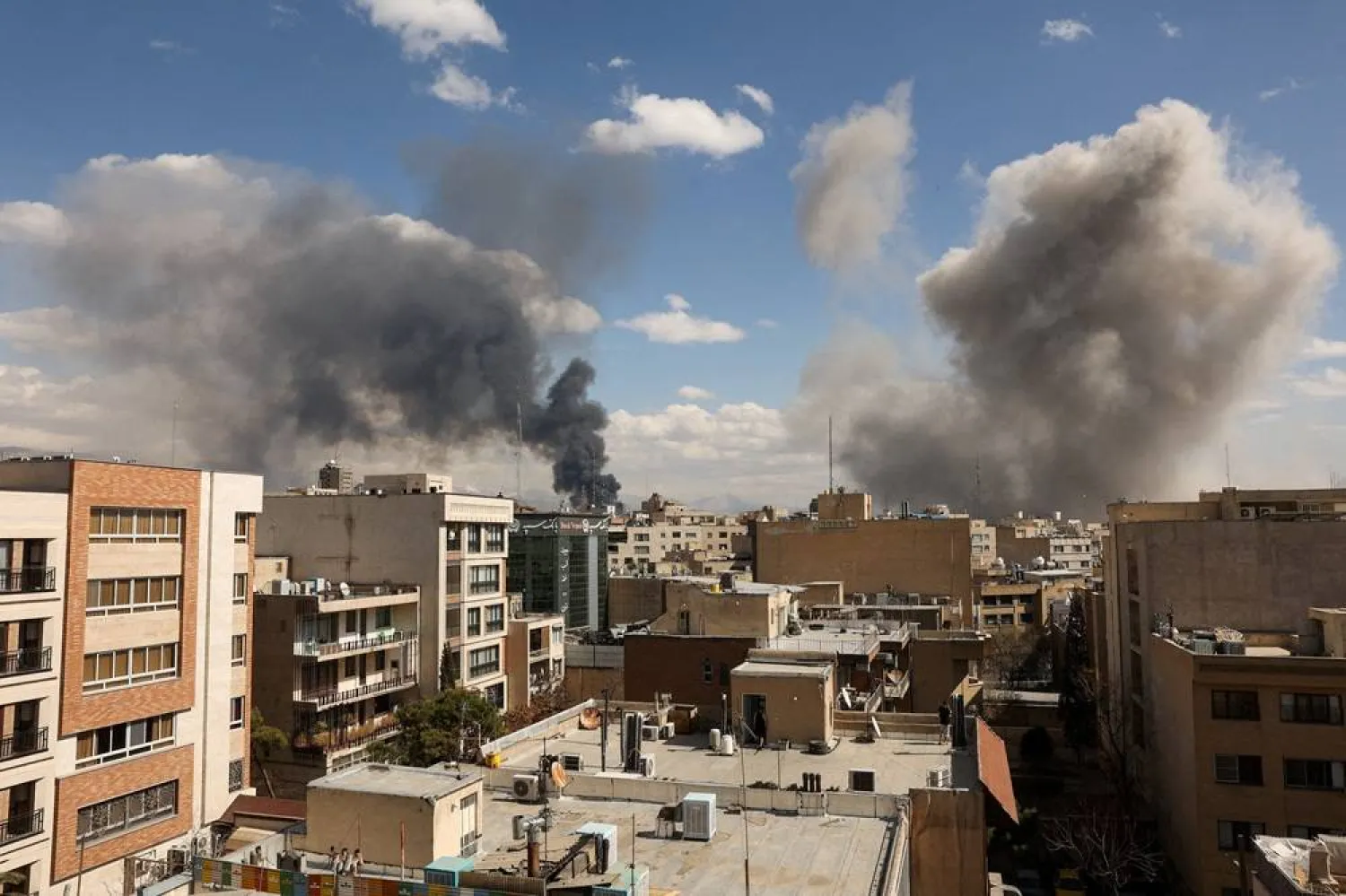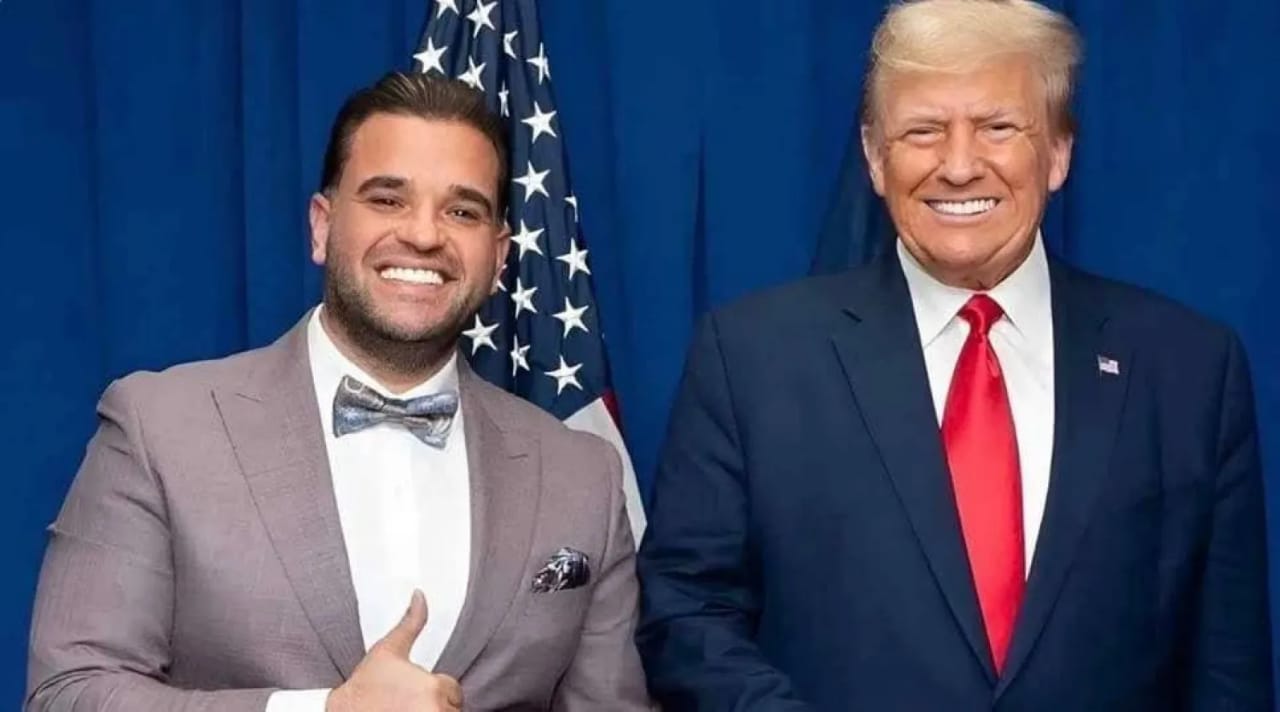Alsharq Tribune- Ahmed Essam
Syria’s new interim leader announced on Tuesday he was taking charge of the country as caretaker prime minister with the backing of the former rebels who toppled President Bashar al-Assad. In a brief address on state television, Mohammed al-Bashir, a figure little known across most of Syria who previously governed a small pocket of the northwest controlled by rebels during Assad’s reign, said he would lead the interim authority until March 1.
He is set to lead a small cabinet to ensure public services can resume. It comes as some government agencies in the country have asked civil servants and health workers to resume duties.
“Today we had a meeting for the cabinet and we invited members from the old government and some directors from the administration in Idlib and its surrounding areas, in order to facilitate all the necessary works for the next two months until we have a constitutional system to be able to serve the Syrian people,” he told Al Jazeera.
“We had other meetings to restart the institutions to be able to serve our people in Syria.” Behind him were two flags - the green, black and white flag flown by opponents of Assad throughout the civil war, and a white flag with the Islamic oath of faith in black writing, typically flown in Syria by Sunni Islamist fighters.
The move came as the rebel leader who led the insurgency that toppled Assad claimed Syria is heading towards stability and Western fears of future chaos and violence are unfounded.
In his first comments to a Western news organisation, Abu Mohammed al Jolani, the head of Hayat Tahrir al Sham (HTS), told Sky News that there will be “no return to panic” now that they have overthrown the oppressive Assad regime.
“The country will be rebuilt,” he said. “The fear was from the presence of the regime. The country is moving towards development and reconstruction. It’s going towards stability.
“People are exhausted from war. So the country isn’t ready for another one and it’s not going to get into another one.”
Two sources close to the rebels said their command had ordered fighters to withdraw from cities, and for police and internal security forces affiliated with the main rebel group Hayat Tahrir al-Shams (HTS) to deploy there.
In the Syrian capital, banks reopened for the first time since Assad was overthrown. Shops were also opening up again, traffic returned to the roads, and cleaners were out sweeping the streets and there were fewer armed men about.
US Secretary of State Antony Blinken said Washington fully supports Syria’s political transition process and wants it to lead to inclusive and non-sectarian governance. The process must prevent Syria being used as a base for terrorism and ensure any chemical or biological weapons stocks are safely destroyed, he said.
It came as Israeli prime minister Benjamin Netanyahu warned the new rulers in Syria not to follow the Assad regime by allowing Iran a foothold in the country.
“If this regime allows Iran to re-establish itself in Syria, or permits the transfer of Iranian weapons or any other weapons to Hezbollah, or if it attacks us — we will respond forcefully, and we will exact a heavy price,” Netanyahu said in a video statement from Tel Aviv. “What happened to the previous regime will happen to this one.”
The Israeli military earlier said it had carried out strikes against 320 “strategic targets” in Syria since Saturday. It claimed that more than 70 per cent of the Assad regime’s strategic military capabilities had been destroyed
Israel, which has sent forces across the border into a demilitarised zone inside Syria, acknowledged on Tuesday that troops had also taken up some positions beyond the buffer zone, though it denied they were advancing towards Damascus.
In a sign foreigners are ready to work with HTS, the former al Qaeda affiliate that led the anti-Assad revolt and has lately emphasised its break with its jihadist roots, the U.N. envoy to Syria played down its designation as a terrorist organisation.
“The reality is so far that HTS and also the other armed groups have been sending good messages to the Syrian people ... of unity, of inclusiveness,” Geir Pedersen told a briefing in Geneva.
The United States is still working out how it will engage with the rebel groups, US Deputy National Security Adviser Jon Finer told Reuters, adding that as yet there had been no formal change of policy and that actions were what counted.
The fact that HTS is banned in the UK does not prevent the Government from talking with it in the future, Downing Street has said.
It is proscribed in the UK because of its past association with al Qaida, the terrorist organisation once led by Osama bin Laden.
The fact that the group which has taken power in Syria is banned in the UK does not prevent the Government from talking with it in the future, Downing Street has said.
Hayat Tahrir al-Sham (HTS), who took power in Syria after the weekend's events, is proscribed in the UK because of its past association with al Qaida, the terrorist organisation once led by Osama bin Laden.
But the group's leader, Abu Mohammed al-Golani, cut ties with al Qaida years ago and has sough to present his group as more moderate and inclusive.
The Prime Minister's official spokesman said on Tuesday: "The fact that HTS is a proscribed terrorist group does not prevent the Government from engaging with HTS in the future."
Pointing to terrorism legislation, he added: "There's no absolute offence of meeting a proscribed organisation"
He said that engagement with such organisations "could for example include meetings designed to encourage a designated group to engage in a peace process or facilitate the delivery of humanitarian aid".
The spokesman added: "More broadly we keep proscriptions under review and we're obviously monitoring the situation closely."
On Monday, the Prime Minister suggested that the UK is not considering whether to remove the group from the proscribed list.
Sir Keir Starmer told reporters while on a visit to the Middle East that there was "no decision pending at all" on the matter, and described it as "far too early". It came after Cabinet minister Pat McFadden said that any decision on the group needed to be taken quickly.
Meanwhile Turkey’s intelligence agency, MIT, attacked a convoy of trucks on Tuesday that was allegedly carrying missiles, heavy weapons and ammunition that were abandoned by the Syrian government and reportedly seized by Syrian Kurdish militias, Turkish security officials have said.
The officials said 12 trucks, two tanks and two ammunition depots were “destroyed” in aerial strikes in the city of Qamishli, near the border with Turkey in northeastern Syria.
The officials provided the information on condition of anonymity in line with Turkish regulations. They did not say when the attack occurred.
The officials said the intelligence agency detected that weapons left by the Syrian government forces were being moved to warehouses belonging to the Syrian Kurdish People’s Defence Units, or YPG.
Turkey views the group as a terrorist organisation because of its links to the banned Kurdish militants that have led a decades-long insurgency in Turkey. According to the officials, the group was allegedly planning to use the equipment and supplies against Turkish security forces.

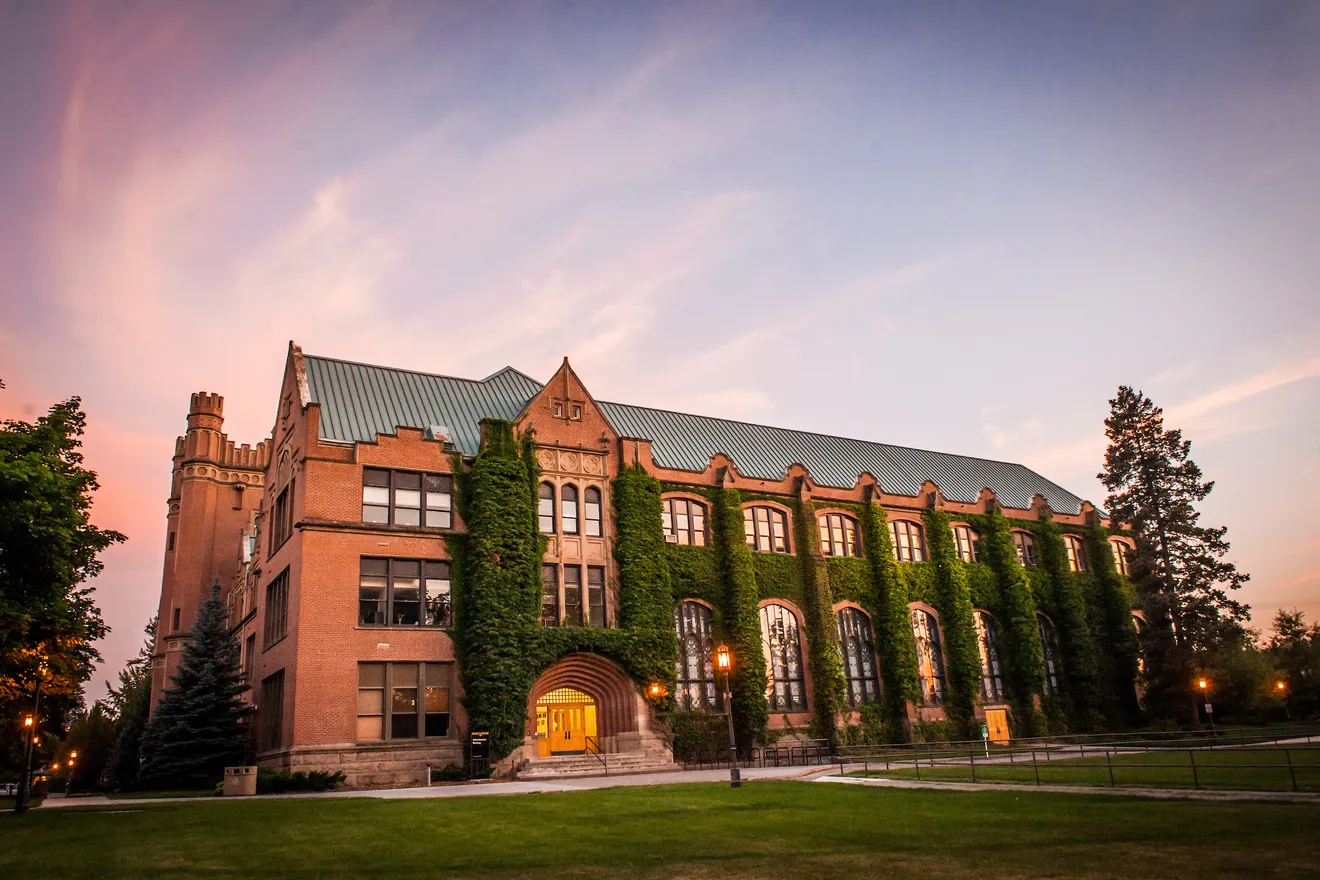
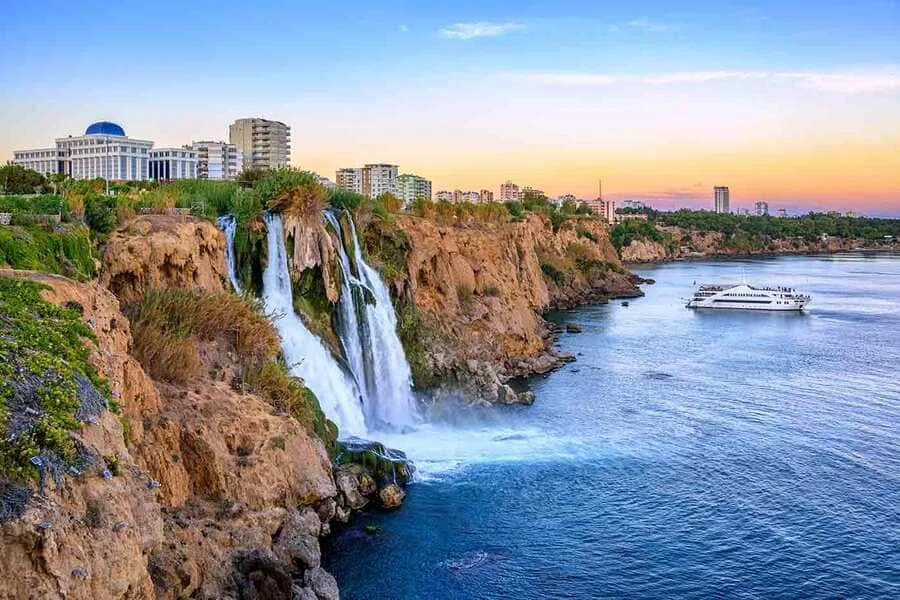

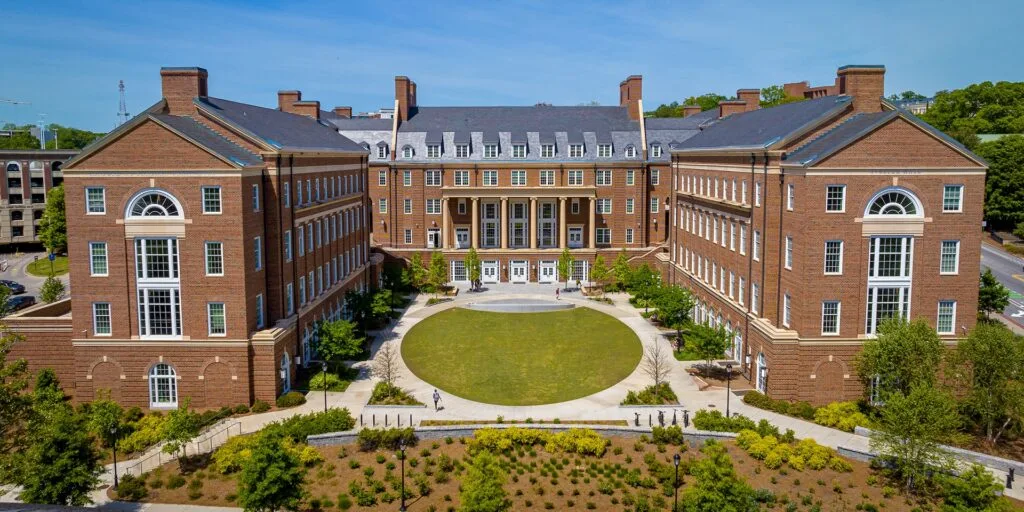



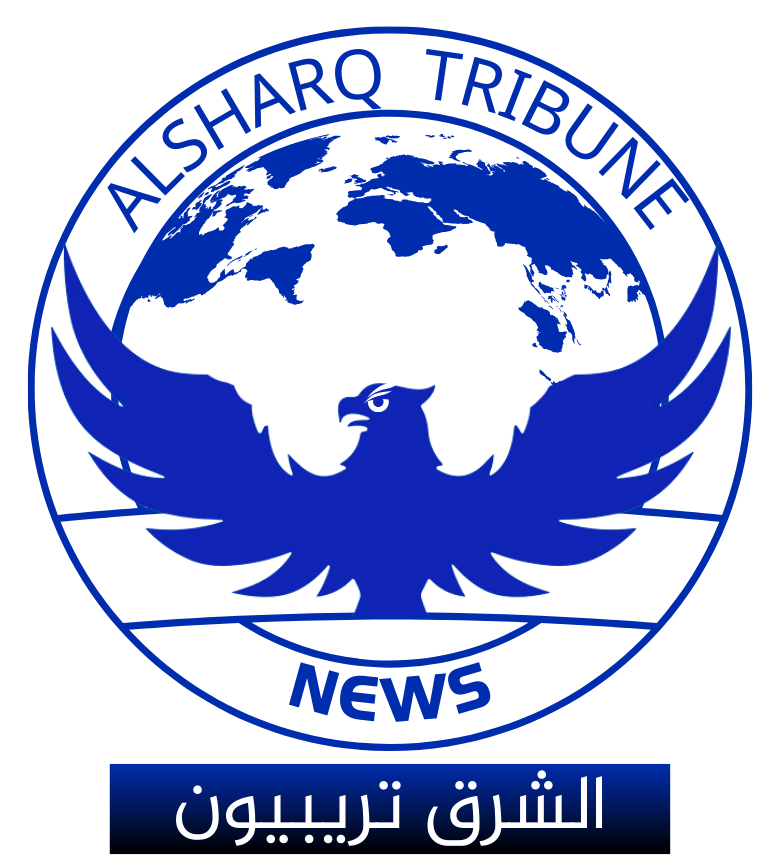.png?locale=en)
